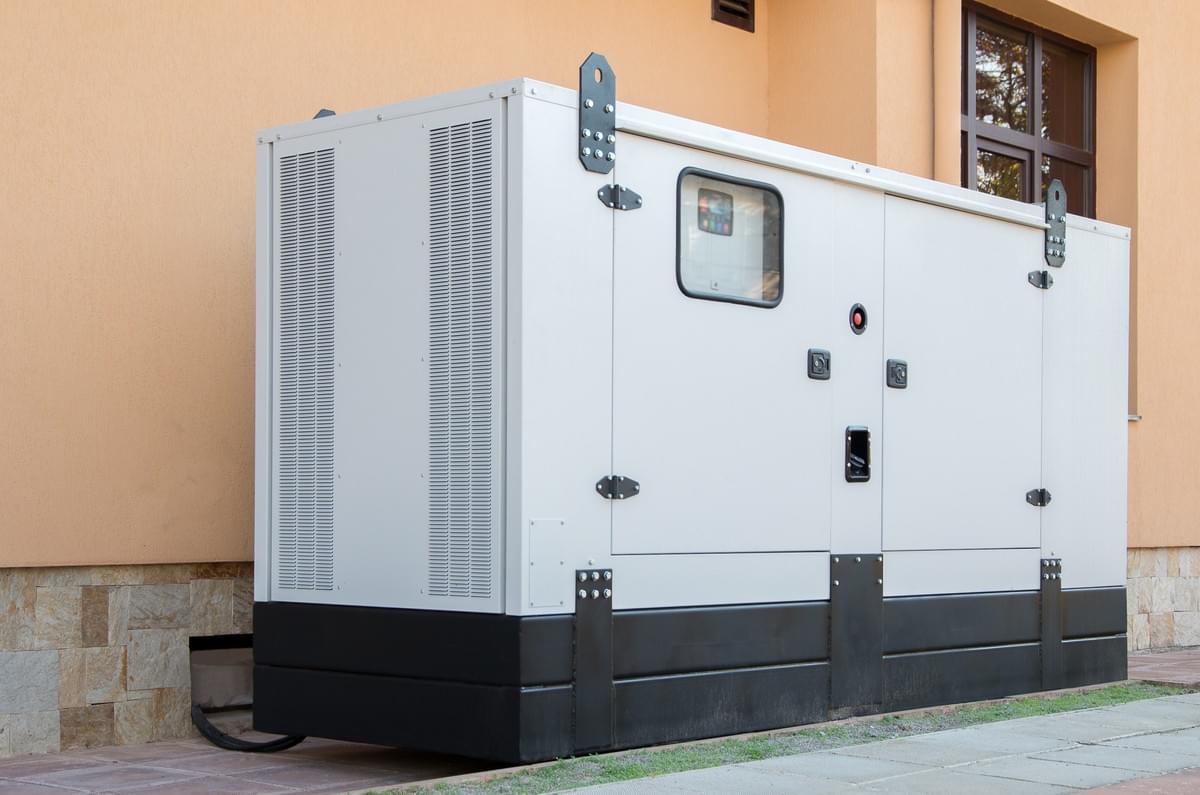
In emergency situations, diesel generators can save lives. Electricity interruptions can endanger public health and safety, wreak havoc on businesses, and cause significant inconveniences for individuals. The reliability of these technologies is imperative for these emergencies, and most system operators rely on diesel generators to provide full strength electric power when the primary power supply system fails. In fact, some systems do not have backup power and have no other option.
Because they are quiet, diesel generators have an advantage over gasoline generators. They also have higher output and are less prone to wear and tear. They can provide a stable power source for up to eight hours. In large institutions, a Diesel Generator can keep life-saving machines running until main power returns. Further, diesel engines are more reliable and quiet than gasoline engines. And because they are cheaper to purchase and maintain, they can be used in any situation.
Diesel generators come with a host of features. Most have DC Start motors, radiators, air filters, and lubricants. And they are equipped with an alternator to convert mechanical energy into electrical energy. The alternator is composed of three parts: AVR, a field winding, and a Rectifier. These parts combine to produce electrical power. These three parts make a diesel generator extremely efficient. They can provide continuous power for a long time.
In emergency situations, diesel generators can meet power demands quickly and safely. Due to their durability, they can meet both stationary and mobile power requirements. Their high efficiency means they can be ready to serve you within two minutes. The ability to be up and running in a short amount of time is also an important factor when considering the cost of fuel. While diesels are expensive, they are typically used for only a few hundred hours each year, and the fuel that goes into them is used for testing anyway.
The military heavily relies on diesel generators for a variety of uses. Soldiers need stable power to function in harsh environments. As a result, they use diesel generators for a range of applications ranging from lighting camps to charging gear. They are also used to run IT equipment. So, if you have an emergency, a diesel is your best bet. You'll never need to wait for an emergency. In fact, you'll be prepared in no time.
In addition to emergency power, diesel generators also provide secondary power to utility grids. They can be used in emergency situations and backup power for various systems. Because of the reliability of these units, they are ideal for many applications. Some types of generators can run for up to five hours. The capacity of these machines depends on the application. Some models have higher capacity and lower weight than others. These are both advantages for the consumer. In an emergency, the latter is the best option. Read this article for more details about this topic: https://edition.cnn.com/2021/09/01/health/how-to-use-generator-power-outage-wellness/index.html.